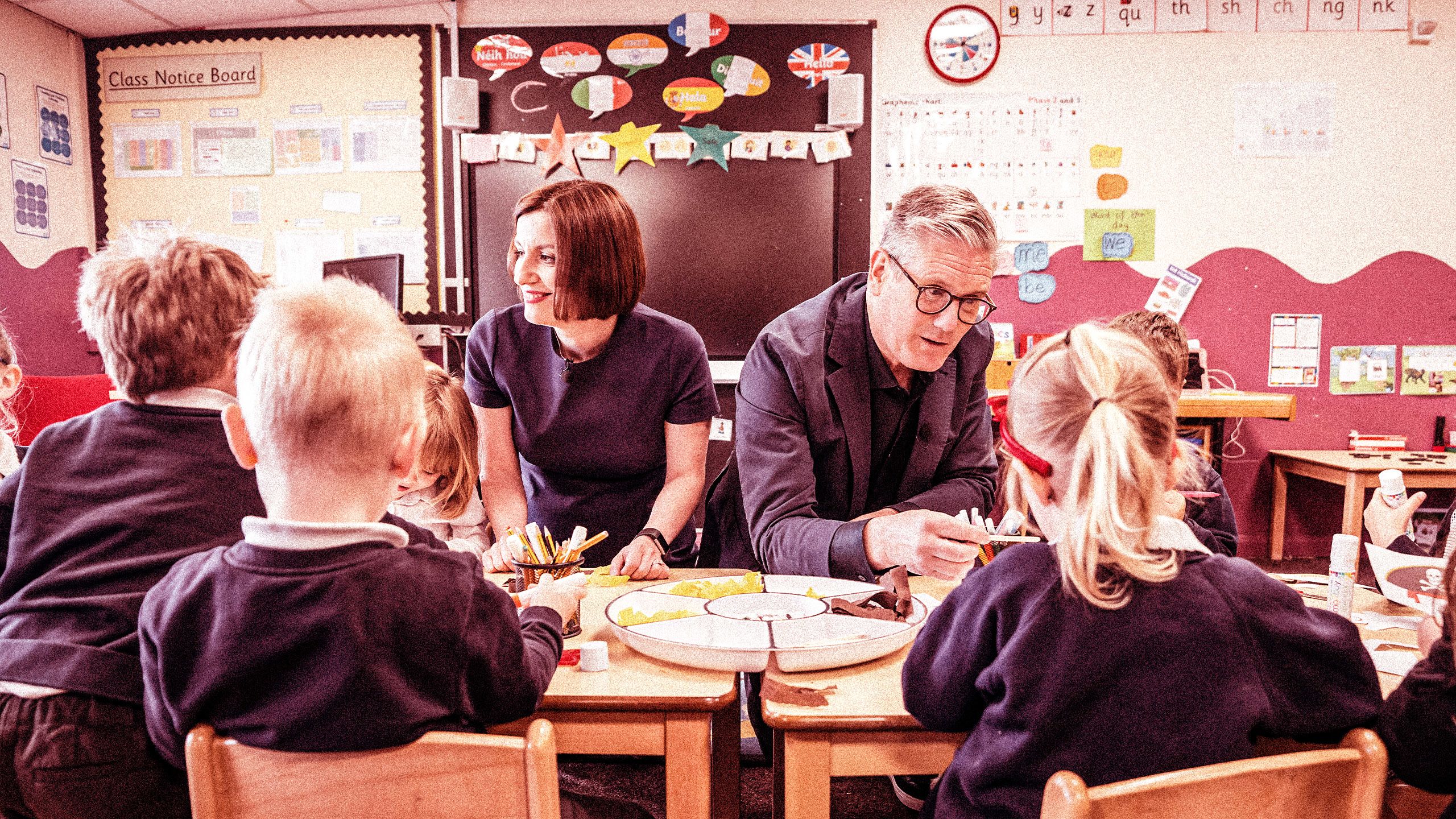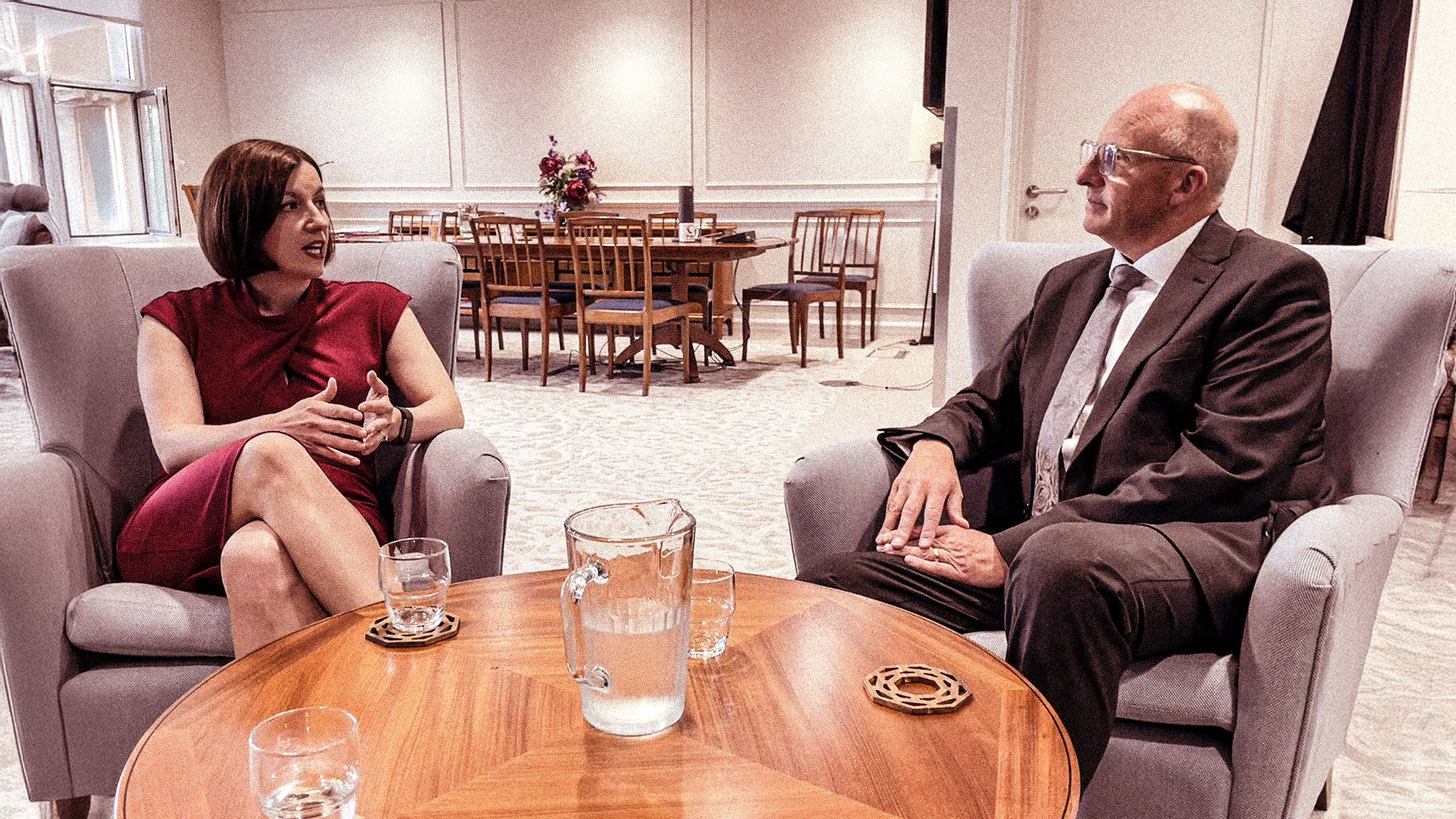Building
relationships
with government

Paul Whiteman, NAHT general secretary, considers how our relationship with the government has changed since July – and is still changing – with Labour in power.


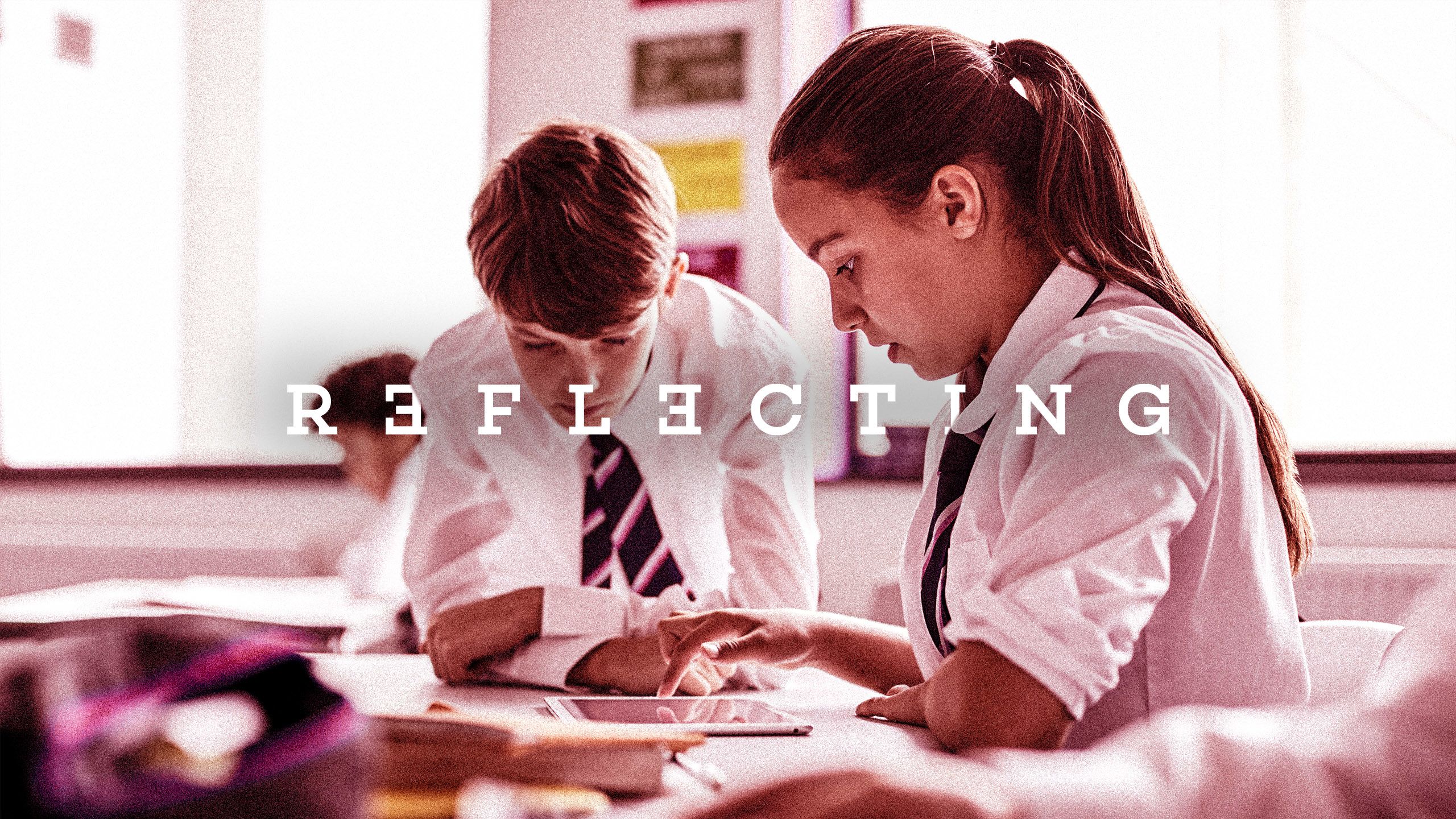
Reflecting on missed opportunities for real influence
PAUL WHITEMAN,
NAHT GENERAL SECRETARY
To do that, I think it’s important, first of all, to step back and reflect on what went wrong with the last government. In truth, we had quite a lot of access to officials, civil servants and ministers, even at the worst of times; they were always polite enough to bring us in. However, access is not the same as influence; it always felt a bit like window-dressing and politeness rather than a true attempt to build things better, a better profession and a better system of education.
A further issue was simply the chaos and musical chairs of the last three Conservative governments. When you think about it, I’ve been general secretary for seven years, and I’ve been through 10 secretaries of state in that time. You never had anyone around long enough to build a proper relationship.
What tended to happen, therefore, was that policies were developed behind closed doors and presented to us quite late in the day, and so our input tended to be at the tail end of that policy-generation process. That, naturally, limits your ability really to influence and shape policy in the way we would like to as representatives of the profession.
I also always felt – and obviously, this is just my perception – that the chaos was such that the civil servants were often chasing their tails, trying to figure out what the agenda or policy was in the first place. Couple an anti-trade union government with the chaos of disputes, the turmoil of covid-19 and no one really being attached to education, and the result was that we had lots of access; however, it never really felt like we were making huge progress or that the previous government understood the merit of involving us at the policy inception stage. In fact, that is probably why, last year, we ended up in dispute. When your views are not being listened to, and you represent 38,000 members, you eventually reach a point where you say: “Up with this, we will not put.”

The most obvious, of course, is the removal of the single-word Ofsted judgement. Even as a temporary measure, it sets out the ambition for a more proportionate and fair accountability system – it represents a major step in the right direction.
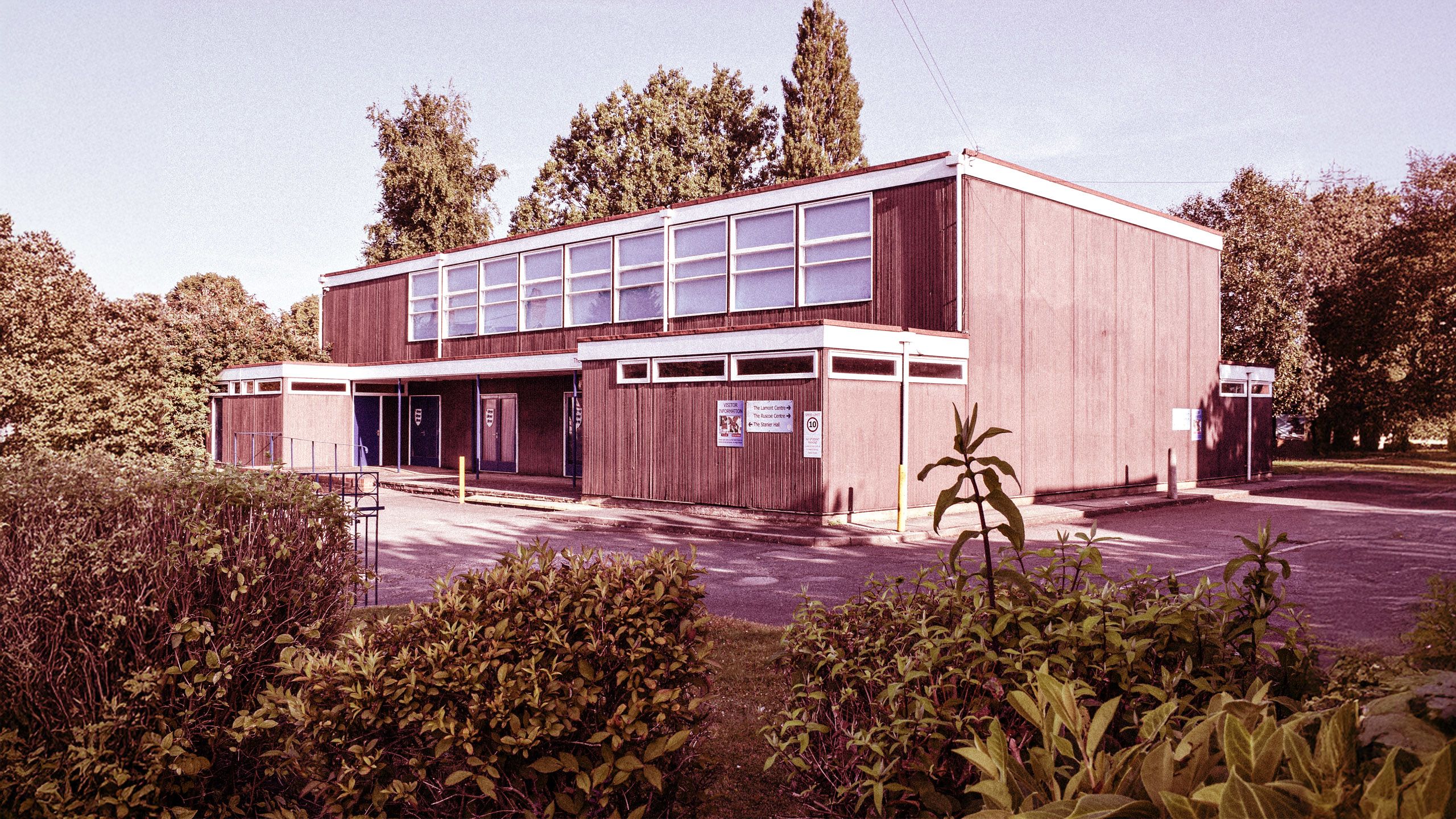
Our relationship with the new government
Turning to our relationship with the new government, I don’t want to get too hung on the terminology, especially the term ‘social partnership’. But the new secretary of state for education, Bridget Phillipson, has said two things to me that really resonate and are considered music to the ears of a serious trade union.
She has told me – and I paraphrase, so this isn’t an exact quote – that although education was not central to the election campaign, it will be central to governing. I’ve heard her use the phrase ‘central to governing’ more than once. What she means is that for this new administration, education will be central to governing and to its ‘opportunity missions’ as well. That, to me, indicates a serious approach to education.
The second thing she keeps consistently saying is that she wants to reset the relationship with the profession. That, in fact, is something we have already seen in Labour’s first few weeks in government: tangible decisions that show it is serious about this and that it’s not just window-dressing or warm words.
The most obvious, of course, is the removal of the single-word Ofsted judgement. Even as a temporary measure, it sets out the ambition for a more proportionate and fair accountability system – it represents a major step in the right direction.
Another tangible shift has been on pay: accepting the recommendations of the School Teachers’ Review Body (STRB), implementing them in full and bringing some money to the table – and I know there are technicalities around whether this year’s award is fully funded. But the main thing is that Labour brought money, which is important.




Having a serious conversation
So, now we get into this conversation about our new ‘social partnership’. As I said, I don’t want to get too hung up on the terminology. Call it partnership, call it negotiation, call it consultation – call it what you like. The key is that it’s about coming together; it is about creating a new architecture that enables us to have really serious conversations about not just Labour’s priorities for education but also the profession’s priorities, desires and ambitions.
What I also really like seeing from this new government is its language around co-creation, working to explore solutions together rather than us as a union just criticising from the outside or responding to whatever the government has brought forward late in the day. This shift, I ought to add, hasn’t gone through the whole of education yet; the government is talking that language, but I’m not quite sure I’m feeling that from Ofsted. But it is filtering through.
All that being said, our job as a trade union is so much easier when all we are doing is throwing rocks at the government, especially a government that doesn’t really want to talk to you anyway and is ideologically anti-trade union. You can criticise what it’s doing and campaign against things; we put an awful lot of energy into doing that over the past few years.
Actually, however, protest is professionally much easier and much less demanding than having to negotiate with a broadly sympathetic government. It may not give you everything you want; there will be times when you need to reach a compromise or recognise that certain agreements are but a step to something. There will be things the government doesn’t want to do, and we will have to see how far we can or cannot push it on that.
So, yes, there will be tensions in there. For example, given the wider fiscal situation, I think it is eminently possible the government won’t come in where we want on pay next year. The remit to the STRB this year has once again stated that it has to consider ‘affordability’. The government hasn’t described what affordability looks like, but we feel it is an artificial constraint. If the government doesn’t accept the STRB’s recommendations next year, especially on ‘affordability’ grounds, it will need to explain why; that will be a political choice at the end of the day.
I also think it will become technically quite difficult at points, for example, to build the new Ofsted scorecards for inspection. Is the scorecard more than inspection? Is inspection just part of it, for instance? We’ll need to work through all of that. And I suspect it will need to be all of the partners – government, trade unions, local authorities and employing bodies – looking at that, so that will become quite complex. But the atmosphere has changed so much. It really is about co-creation and testing when we can make something successful and when we can’t.
There is an important point to emphasise here to members, however. This new relationship does not make us subordinate to the government. Not by any stretch. We remain independent. We retain the ability to protest, take action and dispute with the government if we can’t reach the accommodations we think are correct. It is only right that, as members, you will still expect us to stand up and speak out on your behalf. When the government gets things wrong or when we feel it should have gone further, expect us to say that; we will be prepared to say that. We also recognise that actually, in this new relationship, we’ve written and built nothing yet.
But the conversations we’re having are so much more positive and constructive. To begin to sum up, what we’re seeing at the moment is a lot of promise. Of course, that has to be tempered by a healthy dose of caution – we don’t want to get beyond ourselves – but the atmosphere in the room has definitely changed for the better.
We shouldn’t be naive or assume it will be easy or simple. We shouldn’t naively assume we will get everything we want. But I think there is a huge opportunity here for NAHT to be much more involved in that policy development at an earlier stage: to be shaping those conversations; to be able to spot problems earlier, before they arise; and, hopefully, to shape policy to a better place for our members.
Alongside that, one of my biggest priorities, of course, will be keeping you, our members, fully updated, making sure you feel fully part of any policy development, especially if we then come out and say: “Please support this.”
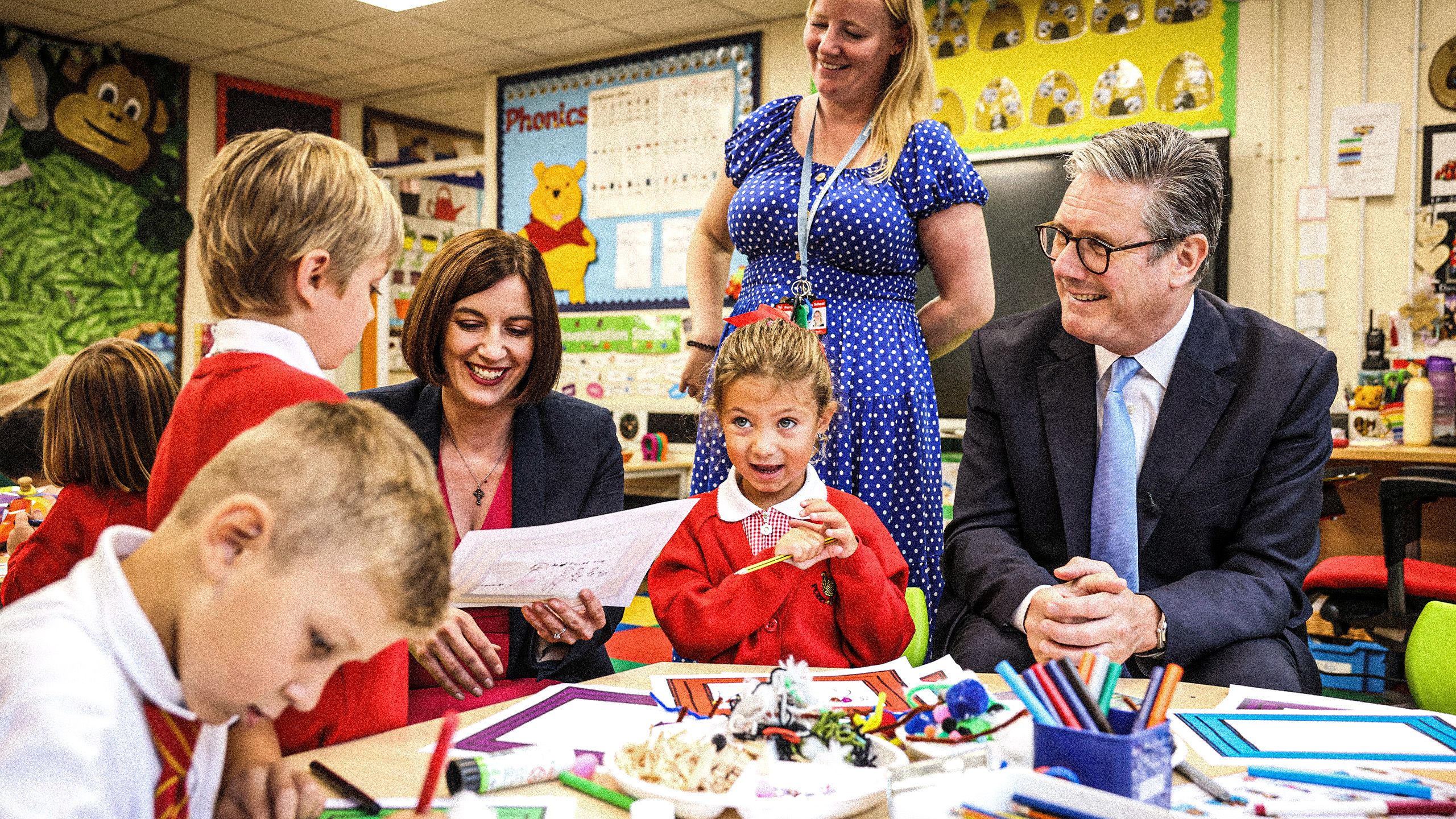
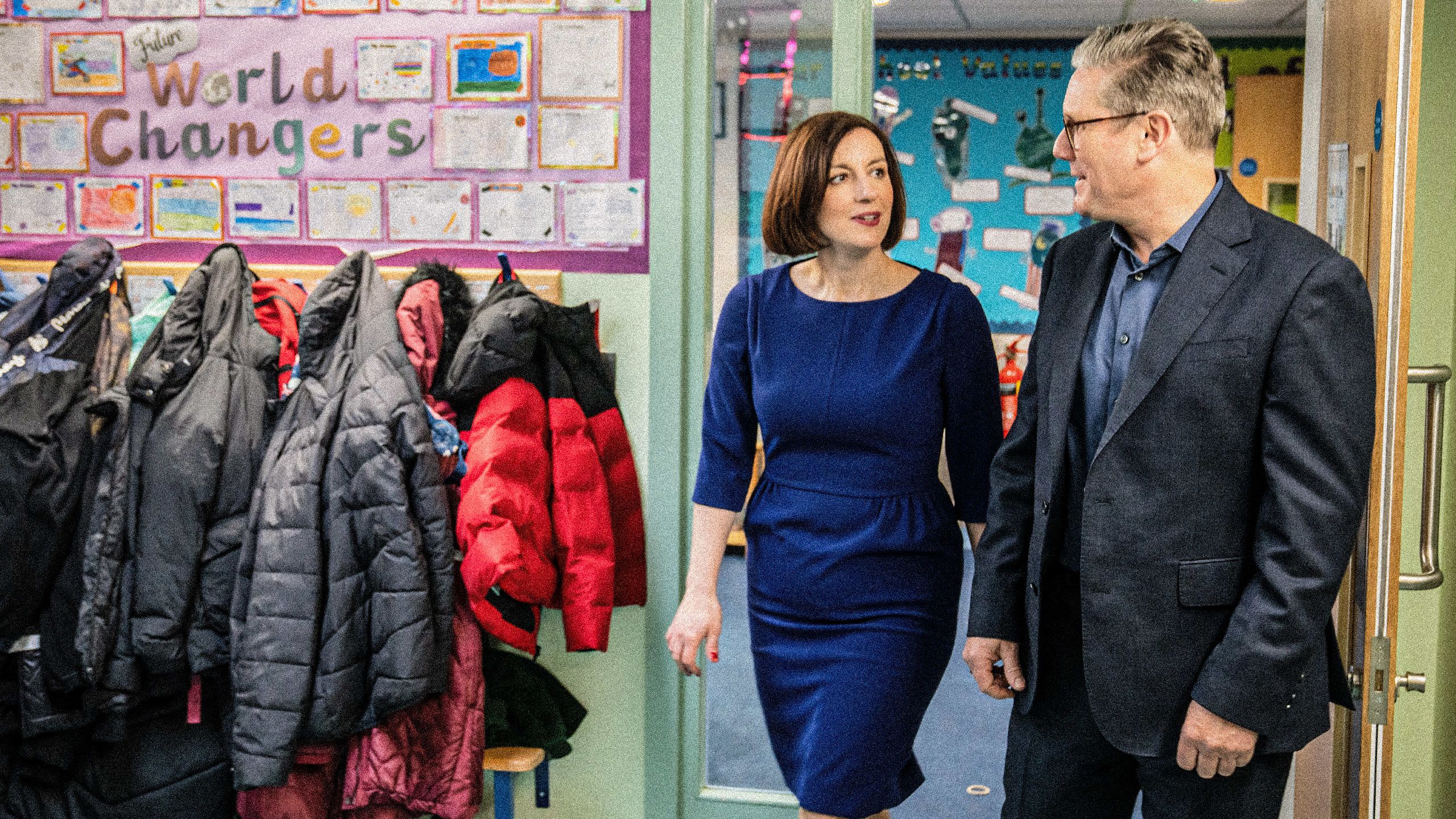
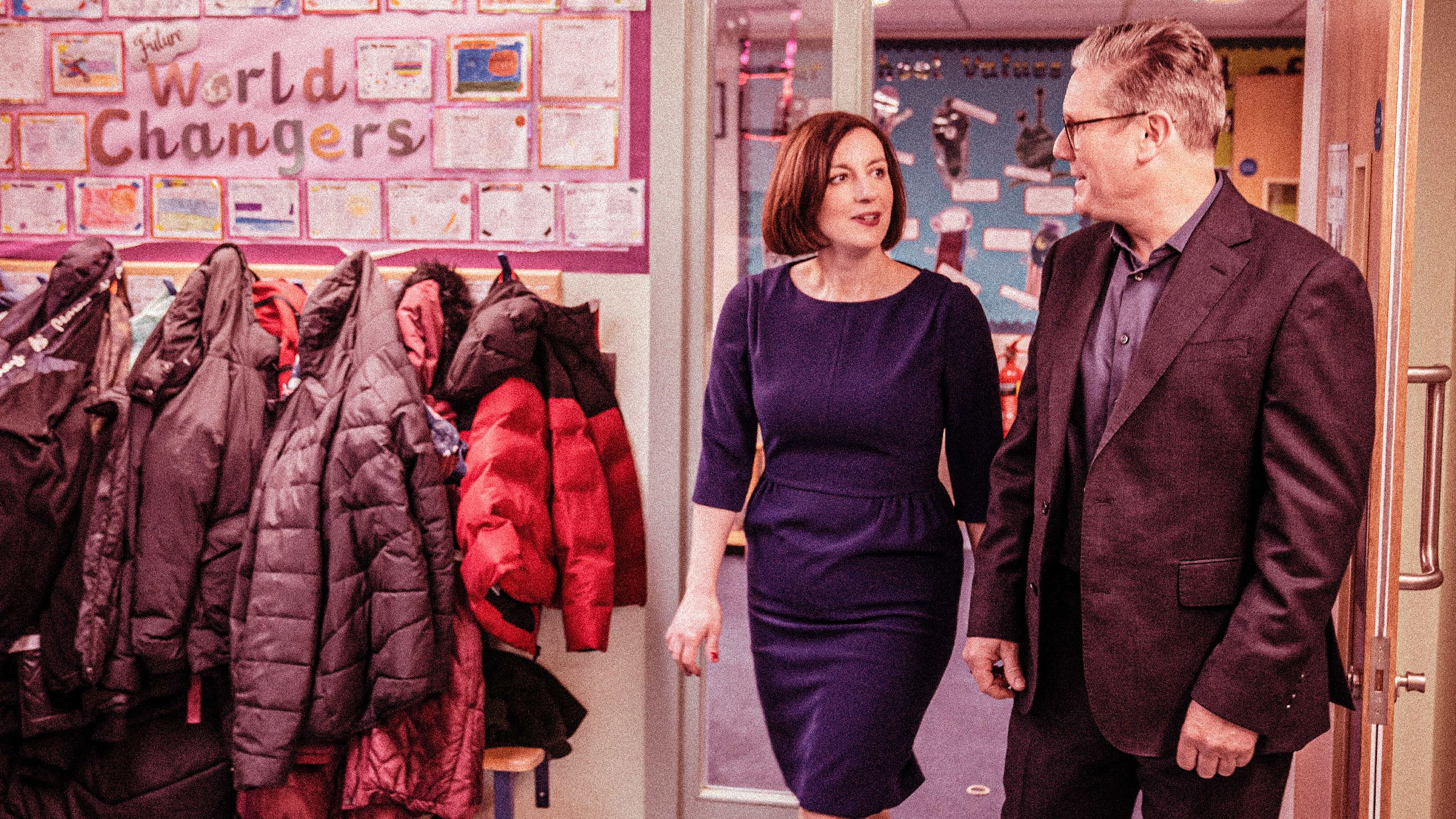
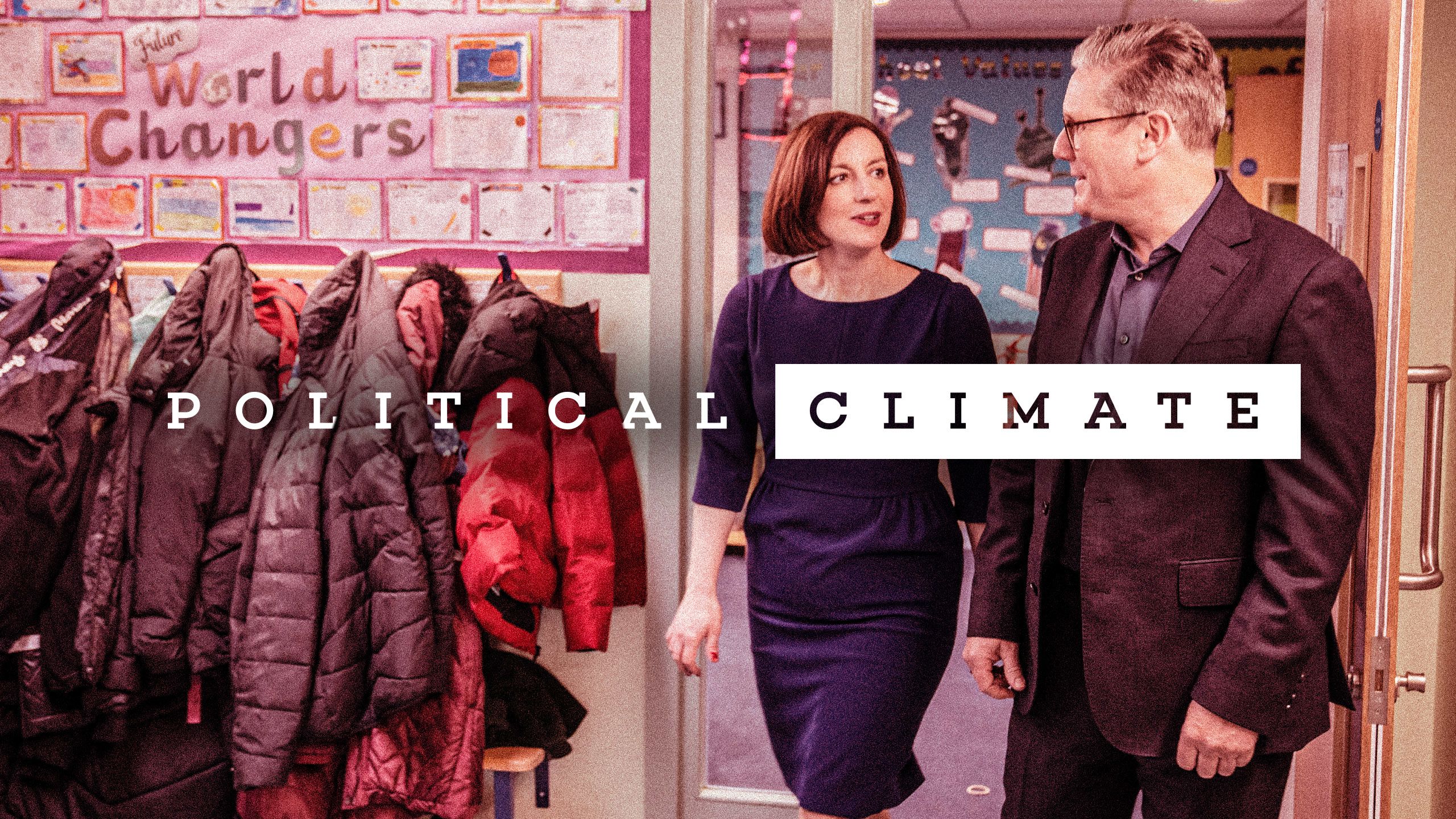
A changed political climate
In conclusion, we should – for the first time – enjoy the hope that comes with a changed political climate. I sense that the intent of this government goes beyond warm words and window dressing; there is a genuine desire for change, engagement and conversation with the profession, even for constructive challenge. As I say, we must not get carried away; these are the early days of a new administration and a new relationship.
But the intent – the support and, visibly, the goodwill – is there. I have no doubt there will be moments when things become more difficult when this new relationship is tested. But I am also sure, underpinned by this new positive intent, we will find a way forward.
Social partnership ‘needs to be meaningful’
LAURA DOEL,
NAHT NATIONAL SECRETARY, WALES
As Paul Whiteman explains above, NAHT’s resetting of relations with the new Labour government – a new ‘social partnership’ approach – is a hugely valuable step forward, writes Laura Doel, NAHT national secretary, Wales.
While it is a new relationship that both sides inevitably will have to get used to and learn to navigate, there are, hopefully, learnings from Wales that can be brought to bear.
In Wales, Labour has long had a similar social partnership pledge to work constructively with the unions, that we are all better off working together rather than against each other. With Labour, of course, in government in Wales, that pledge has become enshrined in law through social partnership legislation. This has set out a statutory duty for all public bodies to consult with the recognised unions and the workforce for a more prosperous Wales.
This means that, as is now happening in England, we have direct contact with senior officials, government ministers and the first minister through various social partnership networks. We have an ‘in’ to have those constructive discussions.
Our learning from this is that, yes, social partnership is and can be positive and valuable. However, it is also important to recognise that it needs to be meaningful; it must not just become about the government paying lip service to unions and employees.
Social partnership is not always easy to do or get right but, especially when it is meaningful, it can really help to drive forward positive change. If the UK government can use some of the learnings from Wales and understand what has worked well and less well, that will be valuable.
Finally, we hope that a renewed partnership between unions and the UK government will also lead to a more prosperous Wales. It has long been recognised that the Barnett Formula for funding does not favour the devolved nations and certainly does not favour Wales.
So, our hope is that this new, more constructive relationship at a national level will, in time, lead to a better funding settlement for Wales and, from that, a better funding settlement for schools and education within Wales, too.
